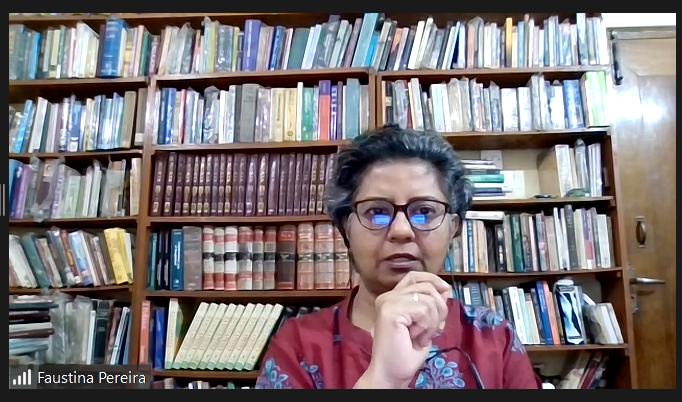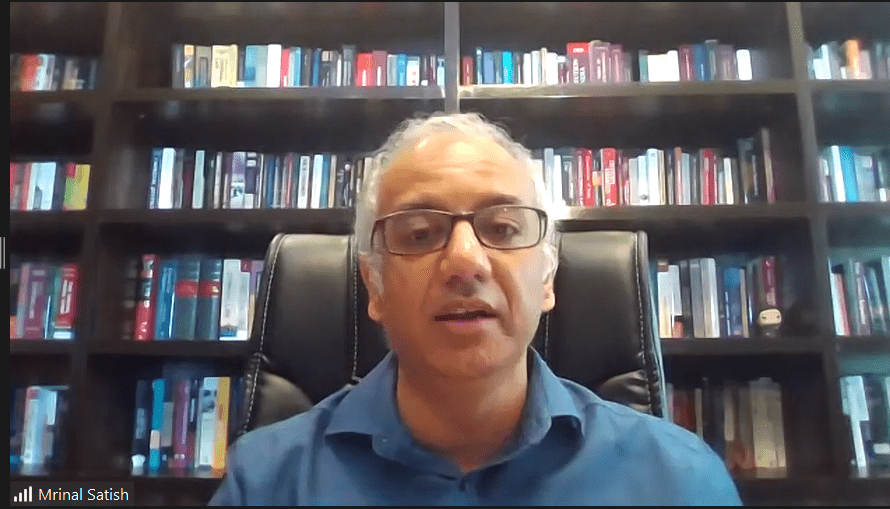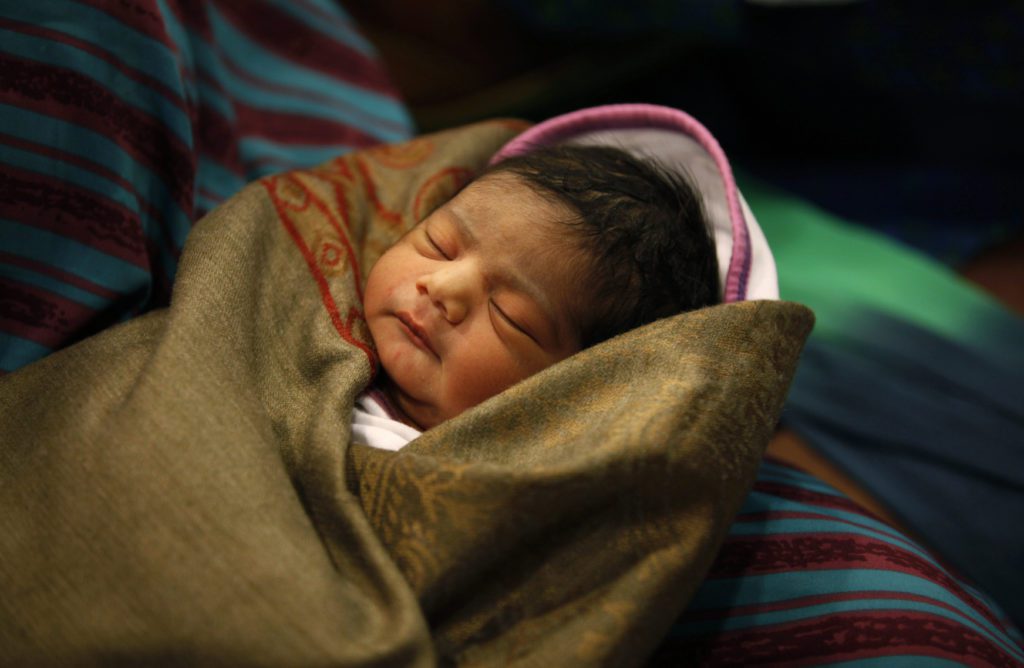Center Holds Seminar for Thai Judges on Legal Issues of Surrogacy in Asia
100+ participants learn about surrogacy laws, case studies and key cases in several Asian countries to help improve legal standards in the region.


Among the speakers at the seminar were Faustina Pereira (l), the Center’s Regional Director of Asia, and Mrinal Satish, professor at the National Law School of India University.
The Center for Reproductive Rights’ Asia team recently hosted a virtual seminar on the legal issues of surrogacy in Asia for judges and others working in Thailand’s justice system.
Held July 6 and attended by more than 100 participants including Thai judges, court staff and others interested in the issue of cross-border surrogacy, the event aimed to share issues of surrogacy in countries surrounding Thailand and build capacity to improve legal standards and practices in the region.
While Asia is considered an international hub for surrogacy, many countries sharing the same region with Thailand have restrictive laws and policies and different human rights principles issues.
Read more.
Engaging the Judiciary in Asia
The Center has pioneered engagement with judges and judicial training institutes, with work focusing on training, resourcing, and equipping judges and other actors within the judicial system to respect, protect, and fulfill sexual and reproductive rights and stem the tide against regression on SRHR.
At the session, participants heard from judges, law professors and the Center’s legal experts about:
- Surrogacy laws and regulations in the region and selected countries.
- Case studies on surrogacy bans and criminalization.
- India’s Surrogacy Act of 2021 and key legal cases.
The day’s events included:
- Opening remarks by Justice Phaderm Phetchakul, Vice President of the Court of Appeal for Specialized Cases, who emphasized the importance of knowing the region’s different approaches towards surrogacy.
- A general overview of surrogacy laws and policies in Asia, presented by the Center’s Dr. Faustina Pereira, Senior Regional Director of Asia. With a particular focus on India, Pakistan, Nepal, Cambodia, the Philippines, Indonesia, Vietnam and Laos, Dr. Pereira explained that restrictive laws and policies are common across the region, and adherence to human rights principles and standards has been inconsistent.
- “Legal approaches to parenthood: case studies from Cambodia and the Philippines,” a presentation by Jihan Jacob, the Center’s Associate Director of Legal Strategies for Asia. Through two case studies, Jacob examined the implications of both Cambodia’s surrogacy ban—which has resulted in the incarceration of surrogates—and the lack of regulation in the Philippines, which has resulted in legal contradictions and unclear standards around surrogacy. Jacob discussed contractions in how the law treated couples travelling abroad to carry out surrogacy and adopt a child versus women who travelled abroad to become surrogates in foreign countries, and how the former was accepted, and the latter criminalized.
- Surrogacy laws and cases in India, presented by Mrinal Satish, professor at the National Law School of India University. Satish explored legal issues around surrogacy prior to the passing of India’s 2021 Surrogacy Act, highlighted key aspects of the Act, and examined two legal cases that came before the Indian courts regarding transnational surrogacy, adoption and citizenship in India.
- Closing remarks by Justice Phetchakul, who highlighted the importance the seminar had in clarifying legal issues around surrogacy in the region.
“We are very grateful for this opportunity to bring awareness and build regional bridges on the issue of surrogacy in Asia,” said Prabina Bajracharya, the Center’s Associate Director for Asia. “This training session marked only a beginning of a collaborative journey between the Center and the judiciary in Thailand.”


